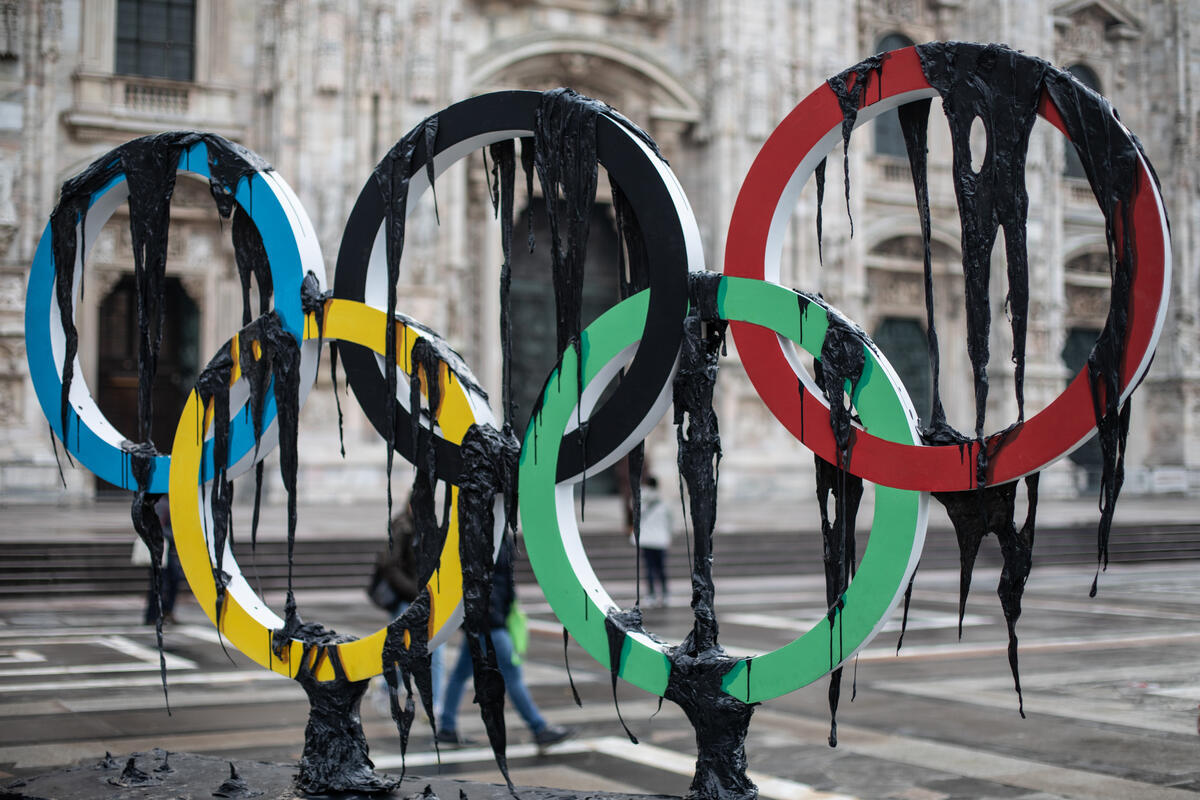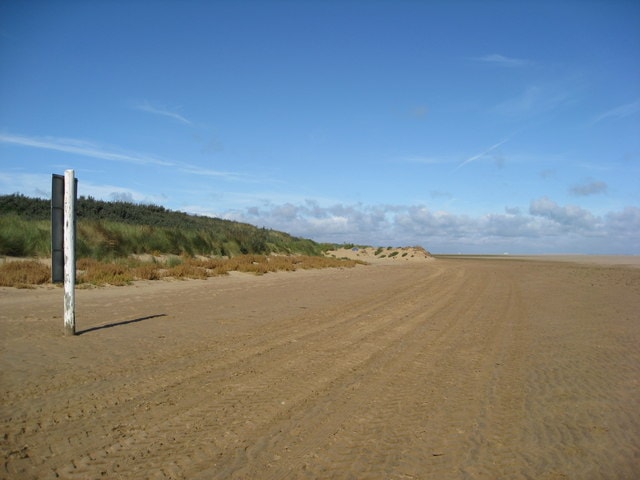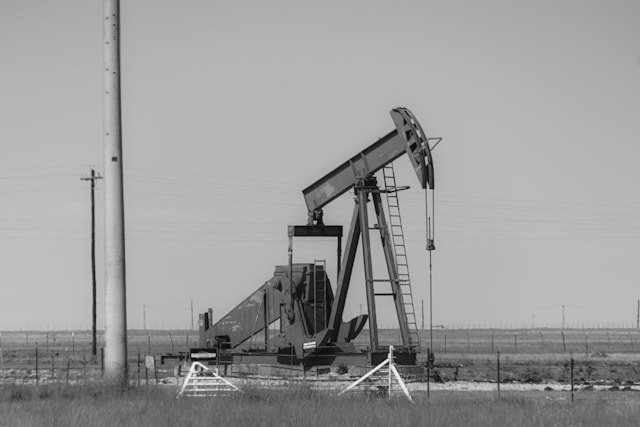Last time, we talked about Europe’s ESG ship setting sail, braving the rough waters of sustainability. But now? Brussels isn’t just navigating the seas—it’s strapping on a deep-sea diving suit and plunging straight into the mineral abyss, hunting for the raw materials to keep this operation afloat.
Because here’s the reality check: you can’t build a green future without getting your hands dirty.
For years, Europe has relied on foreign harbors to stock its cargo, importing the very materials that fuel its green dreams while keeping the environmental and geopolitical baggage offshore.
Now, the tide is turning.
The European Commission has just made its move, unveiling a wave of mining and refining projects across multiple member states. The objective? To loosen the grip of foreign suppliers on the critical minerals that power its industries. For years, Europe has championed sustainability from the deck of a ship it didn’t entirely steer. The EU now faces the demand to plunge headfirst into the depths, determined to mine, refine, and reclaim control over its green future.
Europe’s ESG Ship Cuts Anchor: 47 Projects to Secure Critical Minerals
For all its environmental leadership, Europe has been dangerously dependent on imports for its most critical minerals. It has preached energy sovereignty, yet 98% of its rare earths and 97% of its lithium—the very fuel of its clean energy revolution—come from beyond its borders. The ship has been moving, but the wheel? Firmly in someone else’s grip.
For years, Europe’s ESG ship has sailed under idealistic banners, but its anchor has been permanently lodged in foreign waters. With the world shifting toward resource nationalism and supply chains facing mounting pressure, Brussels is scrambling to cut the tether. The financing of 47 raw materials projects as part of the Critical Raw Materials Act is its boldest bid yet to take control of its mineral destiny.
In light of this, Stéphane Séjourné, European Commissioner for Internal Market and Services, acknowledged, “Raw materials have long been the blind spot of Europe’s industrial policy.” He drew a sharp comparison to the continent’s energy dependency, asserting, “Chinese lithium will not become the Russian gas of tomorrow.”
Europe’s strategy is clear: mine more at home, refine more within its borders, and forge more substantial, more reliable partnerships abroad. But the stakes are high. One rough geopolitical wave, one supply chain disruption, and the entire ESG fleet risks being thrown off course.
Between Green Ideals and Resource Realities
For quite some time, Europe has been at the forefront of environmental regulations and standards. However, in a recent turn of events, it finds itself redirecting its focus to projects that could potentially undermine its own ESG ideals: mining projects across its member states.
Lithium extraction, rare earth refining, and cobalt processing aren’t smooth sailing. These operations churn up ecosystems, drain water supplies, and leave behind a wake of carbon emissions. Suddenly, the same continent that once stood at the helm of environmental responsibility is forced to chart a course through the very waters it warned others against.
Before the circular economy can truly set sail, Europe must first dredge up the raw materials—and that means making peace with the resource-hungry reality of extraction.
Everything is a storm of contradictions. The European Commission, which once championed conservation, now finds itself signing off on mining permits. Environmentalists who fought against resource exploitation are going to be facing a critical choice: Accept domestic mining or risk seeing Europe’s sustainability ship drift into the uncertainty of global supply chains. The once-clear divide between green ambition and industrial necessity has become a shifting tide, and Brussels is balancing precariously on the bowsprit.
The question is no longer if the continent will mine but how it can do so without running aground on its own ESG commitments. The journey will be anything but smooth, and whether Europe can steady the ship or be swept off course remains to be seen.
The Next Horizon: Independence or New Dependencies?
Here’s the reality: Europe’s mineral push isn’t about chasing some mirage of full self-sufficiency — it’s about rewriting the game’s rules. Even with mines breaking ground across the continent, foreign partnerships will still be the backbone of Europe’s resource strategy. The true revolution in its current course? A shift in the balance of power on the high seas of global supply chains.
Once again, the EU finds itself at the helm of a delicate balancing act.
Europe’s ESG ship has sailed through rough waters before, but this time, it’s plunging straight into the mineral abyss. After years of relying on foreign harbors to stock its cargo, Brussels is no longer content to drift on the tides of global supply chains. The EU is dropping anchor, revving up domestic mining and refining projects, and seizing control of the raw materials that fuel its green ambitions. But will its push to control and manage these resources ultimately support those ambitions — or undermine them?
_________________________________________________________________________________
Editor’s Note: The opinions expressed here by the authors are their own, not those of impakter.com — Cover Photo Credit: ALBERT HYSENI













